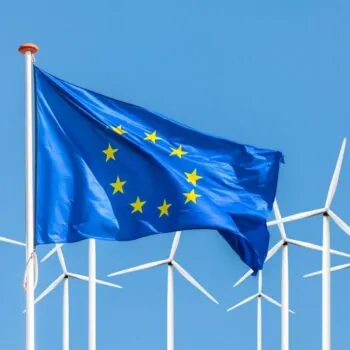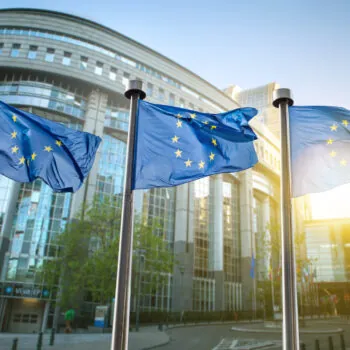Unprecedented flooding destroying communities in Yemen, India, China and Nigeria; tragic loss of life in mudslides in Sierra Leone; a slew of heatwaves and forest fires exposing Europe’s most vulnerable citizens; and a vicious wave of hurricanes wreaking havoc on Caribbean and North American neighbourhoods.
Scientists are telling us this is our new normal. The forecasts tell us we’re on track for a lot worse. And citizens across the world are saying that they see climate change as the world’s greatest risk.
Climate impacts will touch us all, creating global problems that need global solutions. The UN upped its diplomatic game on climate change in the run up to the Paris Agreement, helping countries make plans to tackle climate change. But today climate impacts are knocking at the doors of the UN’s agencies, putting pressure on humanitarian resources, threatening global peace and security. Now the UN as an institution needs to adapt to fulfil its mandate in a new normal of climate impacts.
What does climate change mean for the UN?
Climate change means the UN will have to do more to support countries to transition to low carbon resilient communities. Climate change, like other global threats such as terrorism and pandemics that the UN deals with, knows no borders and requires institutional structures and support to get countries to coordinate and collaborate their response to climate impacts.
Resource scarcity in one nation will have a range of knock-on effects to others. A country may need to provide humanitarian support to the other side of the world. Another may need to provide shelter to migrants and refugees escaping uninhabitable communities. Another may need to alter its water management practices so that a shrunken river can take its full journey. And another may need to support peacekeeping as resource distribution flares tensions between communities.
Climate change erodes the foundations of peace and security. The very foundations that the UN is charged with protecting – human rights, rule of law and fundamental human freedoms.
How can the UN reform to deal with climate change?
At present, there is no institutional home in the UN system for managing climate-related risks. It’s no one’s job to support the reforms that help the UN adjust to the changing climate. This is no easy task: it requires deep understanding of climate science, the interaction of climate change with other risks and the policy possibilities for absorbing these changes.
The UN lags behind other institutions with mandates to protect peace and security. For example, the US military has reformed to better understand the risks and allocated responsibility and resources to better manage them. The UN must better understand its risks, allocate responsibility to manage them and reform for a new reality.
The debate on climate-related risks is growing louder in the UN system. Countries are beginning to feel their exposure. The socio-economic costs at home and their shared responsibilities abroad are growing. Agencies are in reactive mode and scrambling to respond to demand. And there have been a string of UN Security Council discussions on climate related risks, including water scarcity, sea-level rise and food security. To the backdrop of weather related fury, it is time for leaders to grasp the nettle. Climate change is here to stay and our institutions must change.
A similar version of this article was published on Climate Home.


